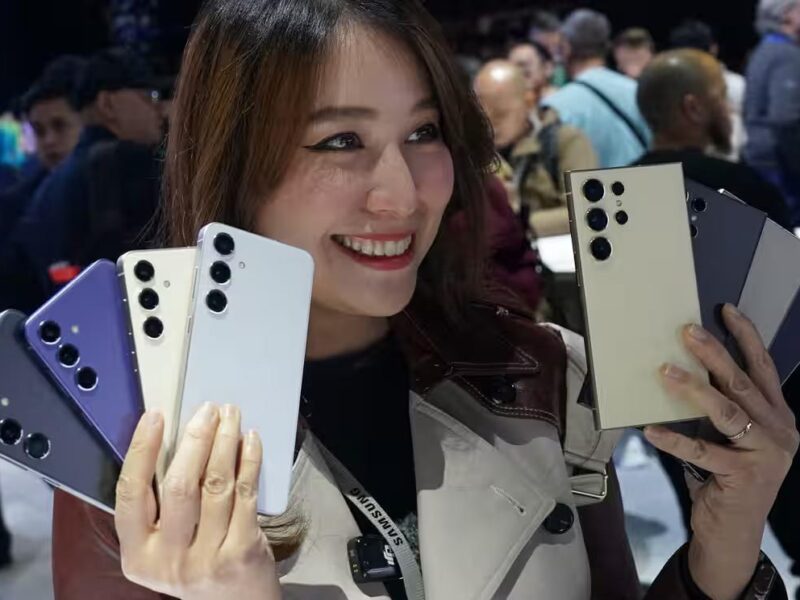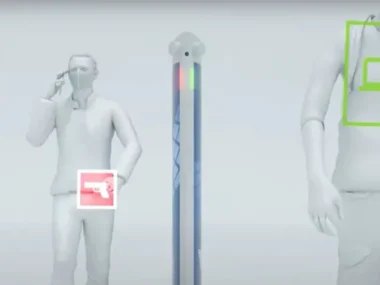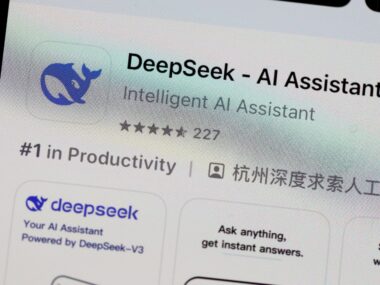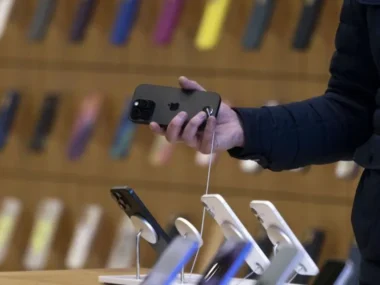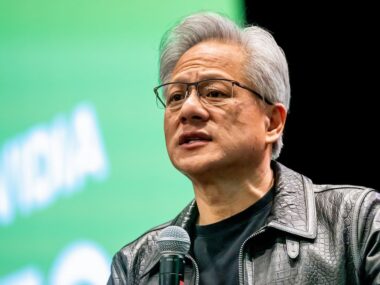South Korean corporation will hope that generative AI text, voice, image, and video skills may help it restore top position in the phone industry.
Samsung has primarily relied on AI trickery for its most premium S24 Android phones, including fast phone call translation, new Google search, and powerful image and video editing features, in a bid to revive dwindling consumer interest.
The Galaxy S24 series, which was unveiled on Wednesday at an event in California, is led by the largest and most costly titanium-clad “Ultra,” which has the most advanced Qualcomm chips, brightest screens, and powerful cameras. However, in a departure from tradition, the dominant South Korean company has prioritized flashy features driven by its new Galaxy AI brand over hardware advancements.
Much of its new features compete with Google’s Pixel line and others, including the usage of the Android manufacturer’s Gemini AI models. Samsung’s new live translation feature allows real-time, two-way phone, voice, and text chats across 13 different languages, similar to what Google translation offers, while its “Chat Assist” helps verify messages for the appropriate tone, going beyond simple spelling.
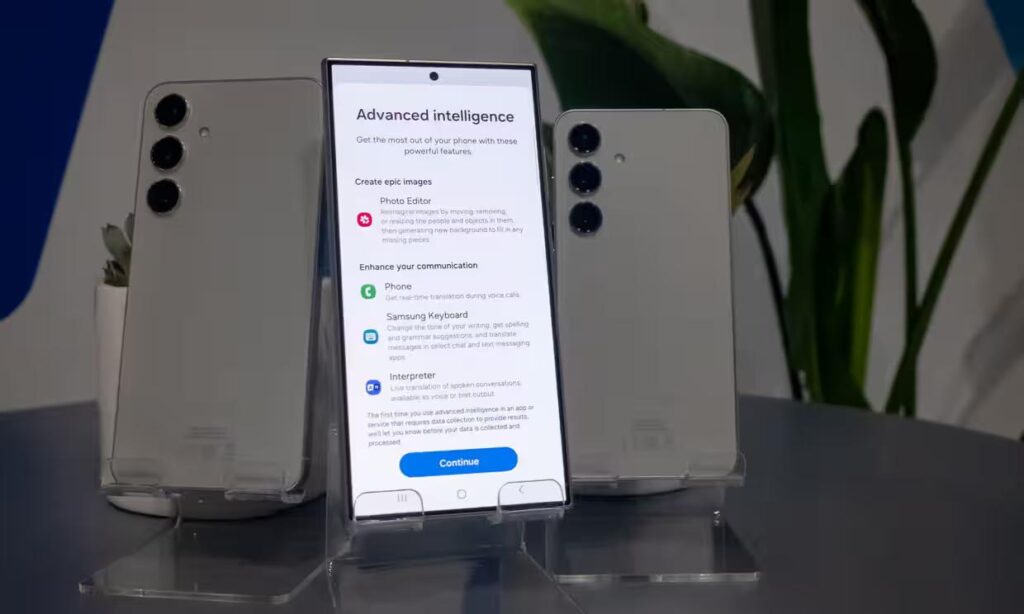
The phone’s video and photo editing features are loaded with generative AI technology. These include the conventional object and background removal, as well as image correction, while its AI can create immediate slow-mo videos from your regular footage by producing additional frames to delay the action. Analysts praise Samsung’s picture editor’s addition of a watermark and metadata to any AI-altered content.
According to Ben Wood, principal analyst at CCS Insight, the Galaxy S24 series handsets, along with Google’s Pixel range, signal the beginning of the consumerization of AI in smartphones. This is a trend that will be followed by other smartphone manufacturers, including Apple, as they include an increasing number of AI-powered features into their new smartphones.”
Google collaborated with Samsung to offer Circle to Search, a new way to search, on certain Android devices, including the S24 and Pixel 8 series, on January 31st. Users merely hold down the home button or gesture bar, circle what they want to search for on the screen, and Google’s AI will do the rest.
Samsung has also joined Google in providing seven years of software support for the new phones, allowing them to be used safely for extended periods of time, and is employing a greater variety and quantity of recyclable materials in the S24’s construction to reduce its environmental impact.
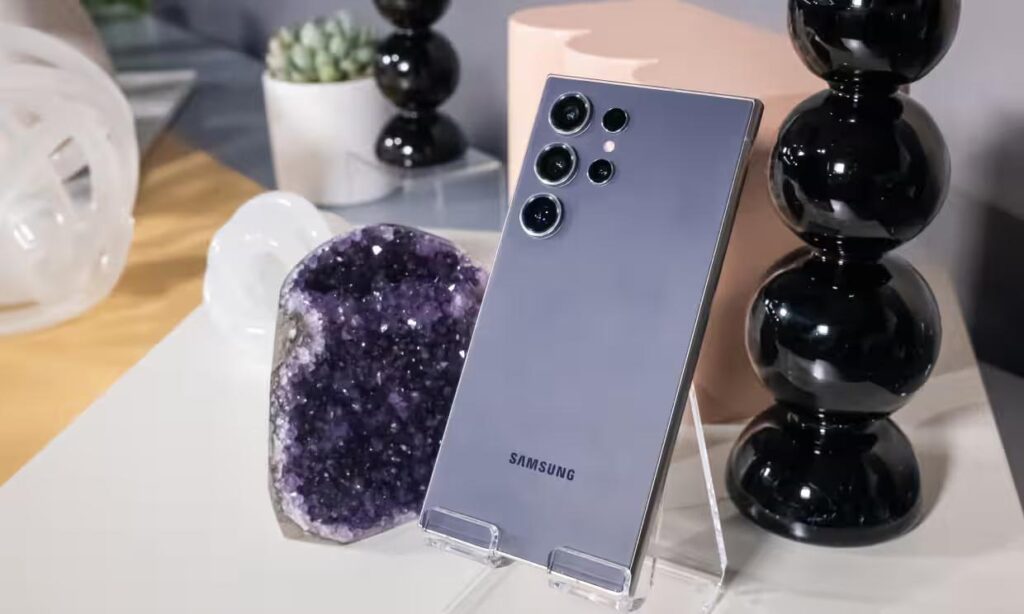
Samsung will hope that its AI effort will boost phone sales, which have recently stagnated due to intense competition from Apple and Chinese competitors throughout the world. It just lost its top rank in the phone market for the first time in 12 years to the iPhone maker.
However, according to Wood, Samsung’s sales growth would be significantly reliant on its marketing campaign for the phones to create awareness and break through consumer apathy: “Success will require crisp communication of the benefits and continued expansion of the use cases.”
Samsung now has a nine-month window to reclaim premium category supremacy, notably in its major markets, the United States and China, before Apple’s next-generation iPhone is released in September.

